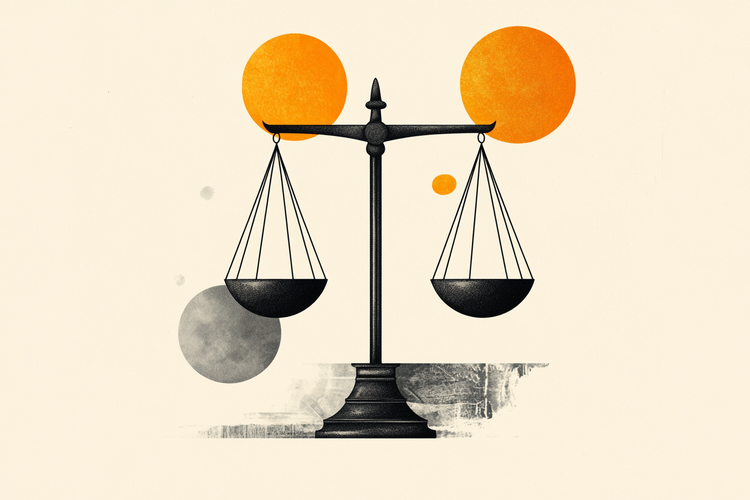More than 360 million people use electronic cigarettes worldwide. In Brazil, there are around 2.2 million, according to an IPEC study. The research also shows that consumption has quadrupled in the last five years. The lack of regulation and the increase in irregular consumption worry the authorities. The topic reached the National Congress, through a bill that is being processed in the Senate, and Anvisa opened a public consultation this month to debate the release of these devices in the country.
As the products consumed in Brazil are irregular, there is no control over which substances they contain, nor in what quantities. Because of this, the industry itself has been advocating stricter regulation in the country. “Without regulation, you make the exposure of these products to teenagers even greater. Because you find flavors on the market, for example, that you shouldn’t have, such as desserts, with high sugar levels; with nicotine control that doesn’t exist, with toxicological analysis that doesn’t exist, sanitary control that doesn’t exist… They are sold in points of sale that shouldn’t exist, like clubs, for example, social media, bars… So the exposure to teenagers is extremely accentuated when you don’t have control of the product”, says the CEO of Grupo BAT, Tadeu Marroco.
Today, around 80 countries already have rules for the marketing of so-called electronic smoking devices, or DEFs. In some of them, the product is used as an alternative for those who want to abandon conventional cigarettes. In the United Kingdom, for example, the government decided to make electronic cigarettes available free of charge to the smoking population, as part of a harm reduction program.
Called “swap to stop” – the objective of the program is to reduce smoking rates to a maximum of 5% by 2030. Smokers receive a kit with an electronic cigarette and behavioral support to help them to kick the habit. The estimate is that one in every five smokers is covered by the initiative. The British government is also planning an investment of 3 million pounds – almost 20 million reais – to create an “anti-illicit vape squad”, in the government’s own words.
“It has been a challenge to get some NHS bodies to accept the idea of vaping to help people stop smoking. But as the evidence grows and many of our research organizations demonstrate that vaping has brought thousands of people into the previously smoking population who are now smoke-free, it has been very effective in showing results to health agencies.” , says Louise Ross, former head of the British health service.
“When you look at countries like Canada, which has always been very committed to controlling tobacco, they have also banned electronic cigarettes since 2009, as is the case here in Brazil. But about three years ago they decided to regulate it. And this club of countries that decided to regulate also includes the United States, the European Union, the United Kingdom… the main developed countries have already regulated electronic cigarettes”, says Marroco, from Grupo BAT.
A study commissioned by the British health department at King’s College, London, showed that electronic cigarettes can be up to 20 times less harmful than conventional cigarettes. Experts warn that this does not mean, however, that they are risk-free.
“It’s not just about “whether this is harmful or not.” It’s about how much damage it does, in what context, to whom and in what way. How much benefit does it bring? So it’s about having a public health focus, not a moralistic one”, says Robert West, professor emeritus of Health Psychology at UCL (University College of London).
Sarah Jackson, who is a researcher in Behavioral Science and Health, also at UCL, believes that regulation needs to be discussed realistically. “I think any regulation needs to be considered very carefully because you want to regulate things to encourage people to use a less harmful product or, in an ideal scenario, no nicotine at all. But if people are going to use nicotine, you want them to use the lowest risk product. Therefore, it is necessary to communicate very clearly how the risks are different between products, and regulate accordingly for each one”.
In Brazil, the only rule in force is prohibition. However, as the world scenario has been changing, Anvisa opened a regulatory review process in 2019 to analyze this decision again. As part of this process, a public consultation was made available on the 12th to hear from civil society, which will have 60 days to submit its contributions.
“The public consultation, depending on the contribution that comes, a new fact, or some content that is considered quite relevant, even the initial orientation of a draft can be changed. So the case is not decided. It will be decided after public consultation, after analyzing the contributions at another meeting of the collegiate board,” said Antonio Barra Torres, CEO of Anvisa.
“I think that every process like this from Anvisa has its maturity point. It has now culminated in this public consultation process, and it is a natural process. The important thing is that it is really based on science, facts and evidence so that the best possible conclusion can be reached”, said Tadeu Marroco.
Source: CNN Brasil
I’m James Harper, a highly experienced and accomplished news writer for World Stock Market. I have been writing in the Politics section of the website for over five years, providing readers with up-to-date and insightful information about current events in politics. My work is widely read and respected by many industry professionals as well as laymen.







